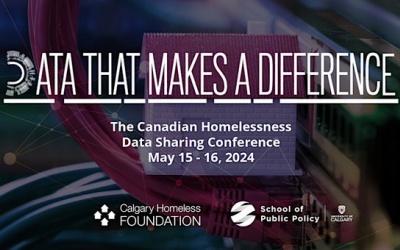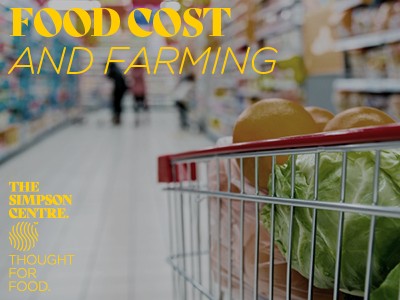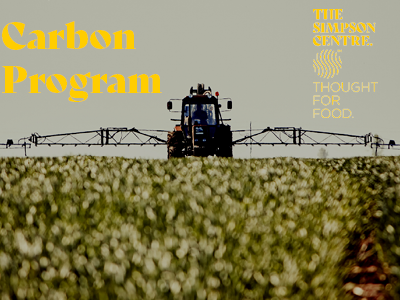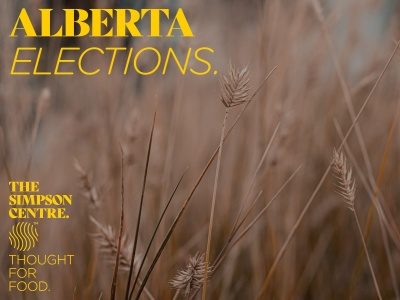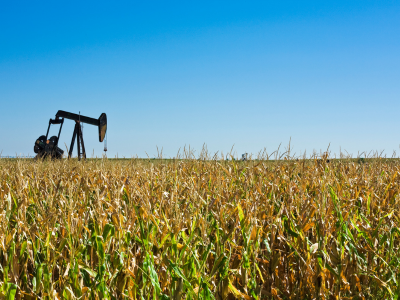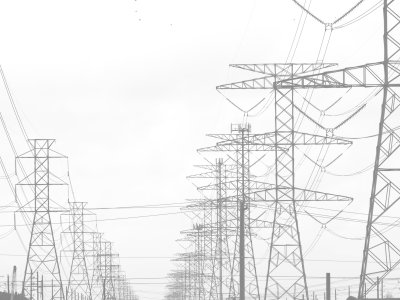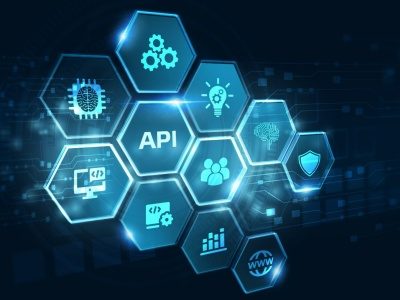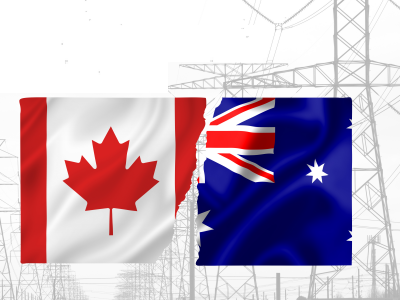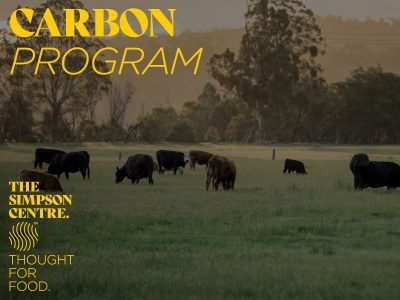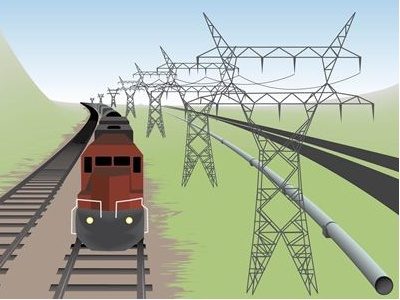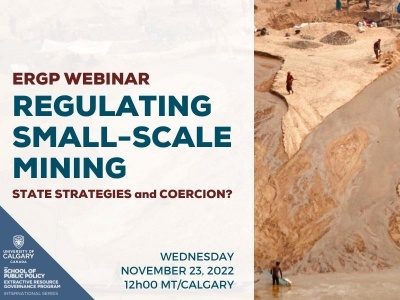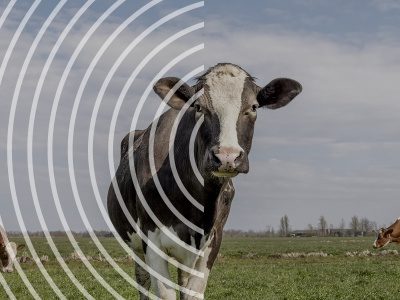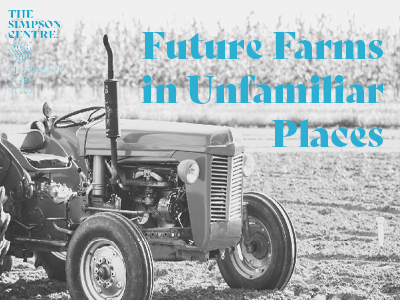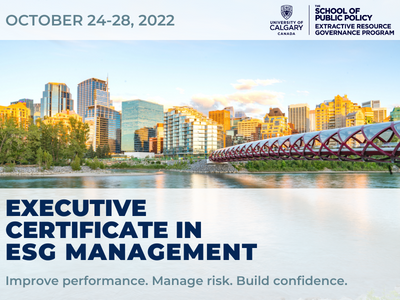Archived Events
These events have already occurred
Watch the Webinar GHG Emissions & Agriculture: How is Canada doing on the international stage? Every year, in April, Canada submits its National Inventory Report (NIR) on greenhouse gas (GHG) emissions to the United Nations Framework Convention on Climate Change. In 2022, all economic sectors posted a decline in GHG emissions between 2005 and 2020, except for agriculture, […]
Watch the Webinar Agriculture Policies: What Farmers Want Webinar On May 29, 2023, Alberta will elect a new provincial government. This webinar will provide an overview of the policy landscape leading up to the general election. We will discuss important legislation executed by the last two governments that held office and how they prioritized […]
The Canadian Climate Institute and the University of Calgary’s School of Public Policy are pleased to host an online workshop on The Environmental and Community Impacts of Inactive Oil and Gas Wells. The purpose of the Workshop is to share a collection of new academic research and public opinion data on an important policy issue with key […]
In recent decades, the economic framework of Canada’s Constitution has been a subject largely neglected by judges, scholars, and commentators. Trade and Commerce fills this gap by bringing to light a lost understanding of how the Constitution structures economic relations. As Malcolm Lavoie reveals, the Constitution includes foundational commitments to property rights, local government autonomy, […]
Watch the Webinar Canadian Competitiveness for Infrastructure Investment Canada’s economic and social well-being relies on infrastructure to facilitate mobility, transportation, trade, communication, utilities, and a host of social services. However, there appears to be a large and growing infrastructure deficit, estimated to be about $600 billion. Surveys show that most Canadians are increasingly dissatisfied […]
Watch the Webinar Can and Should Alberta Enact a Sub-National Open Banking Regime? Open banking is successfully operating and has proved beneficial in many countries, but Canada has not yet adopted it. The concept of open banking, and the question of its proper application in the market while protecting consumer privacy, is one of […]
Watch the Webinar Reducing Food-Related Emissions: Indicators and Carbon Labelling In the agri-food system, we must consider a variety of options to help meet net-zero emission targets. Agri-businesses have a variety of ways to report sustainability measurements to consumers, shareholders, and trading partners. Some companies are assessing and reporting on Environmental, Social and Governance […]
Watch the Webinar North American Energy Markets: The Case for Continental Carbon Exchange The North American continent of Canada, the United States, and Mexico represents three of the most productive, diverse, and interdependent economies in the world. In energy systems, however, these nations still lack integration in critical risk areas: infrastructure, reserves, operations, standards […]
Watch the Webinar Resources, Development and Infrastructure in Northern Australia: Lessons for Northern Canada Ian Satchwell, Adjunct Professor, The University of Queensland, virtually shares his research from Perth, Australia about lessons that can be applied to Canada’s Northern Corridor Program. Mineral and energy development in the Pilbara region of Western Australia and the Central […]
Watch the Webinar Can we have our beef and reduce methane too? Reducing methane emissions is seen as the most effective way to meet international climate commitments. Agriculture in Canada accounts for 30% of all methane emissions, with 70% originating from beef production. How is the industry meeting this challenge with innovative ways to […]
Indigenous and Local Knowledge (ILK) is a foundation for the co-evolution of sustainable approaches for planning and developing infrastructure across middle and northern Canada. Community-Based Environmental Monitoring (CBEM), if done properly, can be more effective in incorporating ILK than environmental impact and monitoring based only on Western science. It is very useful to identify the […]
Watch the Webinar Fertilizer Futures and Frameworks – N20 Emissions Fertilizer use in crop production is a contentious topic with conflicting opinions and perspectives between government and industry reaching a boiling point this year, amidst increasing geopolitical and environmental pressures. The Simpson Centre’s Carbon Program aims to better quantify Canadian fertilizer emissions in the […]
Watch the Webinar Regulating Small-Scale Mining: State Strategies and Coercion? Artisanal and small-scale mining (ASM), mostly lead by rural communities, poses a significant challenge to resource-dependent economies where resource control is fundamental for state coffers. ASM activities are under regulated by any state body, and they bring about serious environmental, health and labor problems. […]
Want to visit a dairy farm, but don’t have the time, money, or connections? We’ve brought the dairy farm to you with this virtual reality (VR) experience at the Calgary Central Library. You will even have the chance to meet a dairy farmer and one of the VR program developers in person! Wearing a VR […]
Watch the Webinar Financial Market Regulatory Project: Alberta’s Entry into the Captive Insurance Market The Captive Insurance Companies Act, formerly Bill 76, was introduced by the government of Alberta in October 2021 and passed in December 2021. The Act enables entities to establish their own insurance company, called a captive insurer. Its primary purpose […]
Watch the Webinar Frozen North, Food for All? Growing Food Security in Canada’s North Remote locations present a challenge to food systems, and they are highly dependent on infrastructures, such as roads and electricity, to ensure food remains safe and accessible. Extreme winter weather puts intense demands on northern Canadian communities’ food security and accessibility. […]
Watch the Webinar Leadership in the Energy Transition Seven heavy industry sectors – steel, aluminum, concrete, chemicals, shipping, trucking, and aviation – key to economic growth comprise 30% of energy-related CO2 emissions. The technologies needed exist today, and The Mission Possible Partnership (MPP) have provided clarity on what must happen—quantifying the number of industrial […]
Click Here to View the Complete Course Guide Click Here to Learn About Your Instructors The School of Public Policy at the University of Calgary invites you to register now for the Fundamentals of ESG Management. Once again, Canada’s #1 policy school is home to the executive certificate that leads in ESG. Environmental, social, and […]
Watch the Webinar Agri-food Movers and Shakers: Urban Food Hubs and Food Policy Councils In this webinar, we’ll learn more about how cities, in all their shapes and forms, influence and impact food systems. The discussion will highlight important roles and groups within urban areas and communities across Canada, including the importance of Food […]
Watch the Webinar UCalgary Alumni All-Access – Russian Disinformation in Canada In February 2022, Russian forces invaded Ukraine, sparking the largest military conflict in Europe since the end of the Second World War. Propaganda has long been a major aspect of war. How does the Russian propaganda machine work? What impact does disinformation have on the […]
